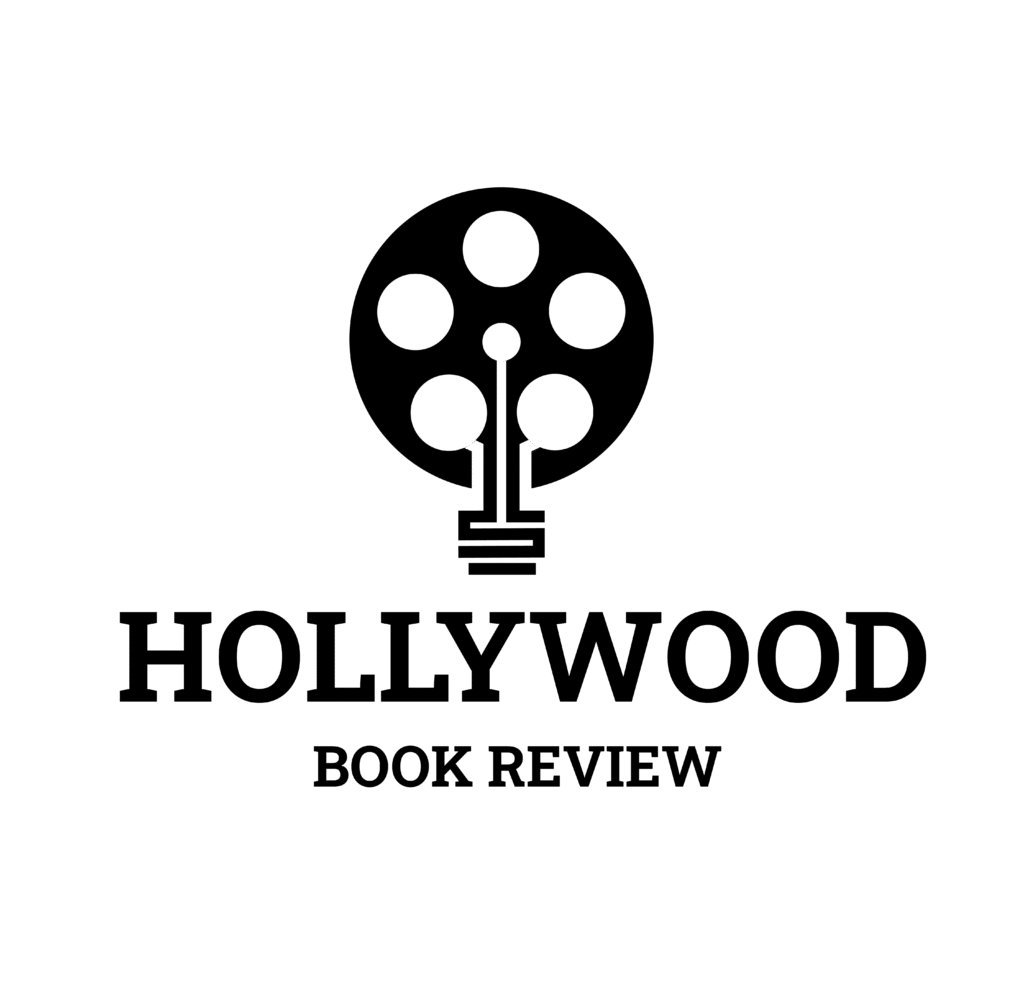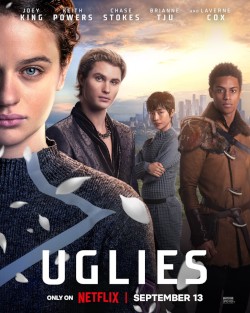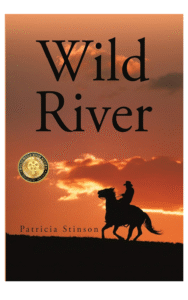The upcoming film adaptation of Uglies promises to delve deep into themes of self-image, identity, and societal standards of beauty. Based on the first book in Scott Westerfeld’s acclaimed YA series, the feature film will launch on Netflix on September 13. Directed by McG, the movie features Westerfeld as an executive producer, marking a significant step in bringing his futuristic vision to screen.
The plot follows Tally Youngblood, a teenager just shy of her 16th birthday, who is set to receive a life-altering cosmetic procedure to conform to societal ideals of beauty. However, her plans are disrupted when a friend slated for the same surgery vanishes and joins a group that resists the system. Faced with a critical decision, Tally must choose between conformity and rebellion. The cast includes Joey King (The Kissing Booth), Keith Powers (Straight Outta Compton), Chase Stokes (Outer Banks), Brianne Tju (Light as a Feather), and Laverne Cox (Orange Is the New Black). The screenplay was penned by Whit Anderson, Jacob Forman, and Vanessa Taylor.
Looking Beneath the Surface
Nearly 20 years after the original book’s release, the central ideas of Uglies—including perceptions of beauty, loyalty, and societal pressure—remain powerfully relevant. Social media platforms like TikTok and Instagram have played a major role in reviving interest in the series and building momentum for the film’s release. The original series also includes Pretties (2005), Specials (2006), and Extras (2007), all of which are now being discovered by new readers. “We’re thrilled to collaborate with Netflix and help introduce these important themes to a broader audience,” said Erin Toller, senior marketing director at Simon & Schuster.
Westerfeld explained that while the original book focused on issues surrounding cosmetic surgery, the adaptation reflects evolving concerns around online identity. “Back then, it was about plastic surgery,” he said during a press event. “Today, it’s about how we portray ourselves digitally—how much truth we share, and how much we hide.” He believes that themes like misinformation and the blending of authenticity and performance are now even more relevant, especially in the age of AI-generated content.
Working on the film brought Westerfeld into unfamiliar territory. As an author used to writing in solitude, stepping into the role of executive producer gave him insight into the complexities of filmmaking. “I had no idea how many things could go wrong—weather, lighting, even a cloud moving at the wrong moment,” he said, reflecting on the unpredictable nature of production.
Despite the challenges, Westerfeld remains committed to storytelling. He hopes the movie resonates with longtime fans and newcomers alike. “What matters most is the story and the conversations it inspires,” he said. “Teen readers can build entire communities around a book, and those discussions are where the real impact happens.”
His ultimate hope is that Uglies sparks the same excitement and debate as the books. “Movies reach people all at once, unlike books which build slowly,” he noted. “That collective energy is what makes film so powerful.”





